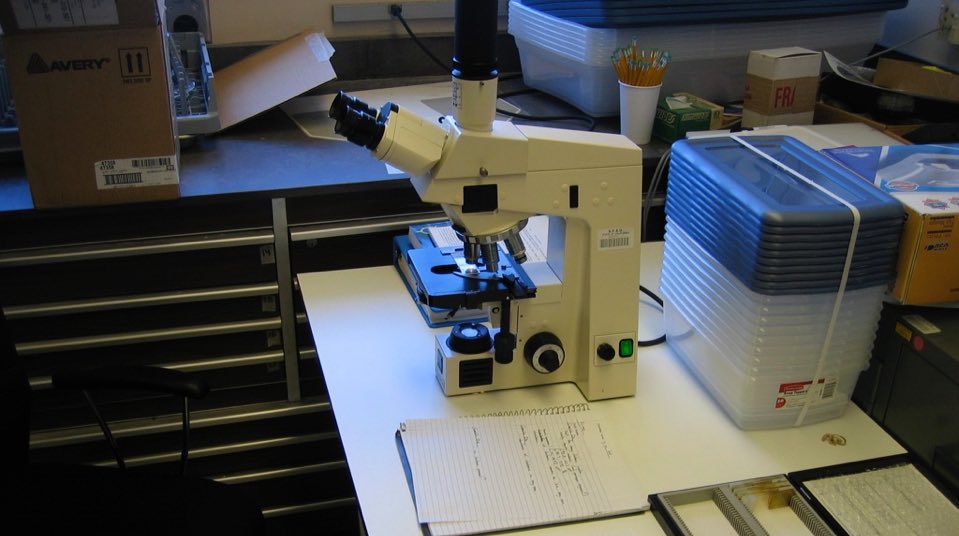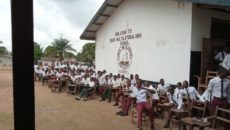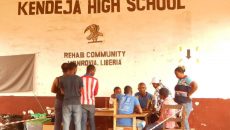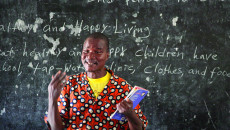TAPPITA, Nimba – Of the over 200 12th graders who took the West African Secondary School Certificate Examination in the Tappita One Education District, no student passed. Across the nation, 35 percent of students taking the test passed.
It’s a statistic that the administrators of the high schools in the district are not particularly proud of. When asked about their school’s performance on the test, principals interviewed at four of the five high schools in Tappita all avoided making eye contact, before slowly acknowledging their school’s failure.
“We were discouraged,†said Jackson Biawon, the vice principal for instruction at Christian High School. Like many other administrators in Tappita, he blamed the abysmal failure rates partly on how the Ministry of Education went about the test.
“There was no syllabus sent ahead; there was no plan for the test – it was another factor that made the children fail,†he said. “We got our syllabus for WASSCE close to the test time – WASSCE was administered in April, but we received the syllabus in February.â€
Besides the delay by the ministry in getting the information out about the test, Biawon said the lack of a science lab was a major hindrance to his students. He noted that the practical questions had the higher marks on the science tests, which placed his students at a disadvantage.
At St. Francis High School, Principal Torker N. Garton fumed with anger when talking about WASSCE: “We don’t feel fine. These are the results of not listening to people.†He said the government did not pay enough attention to people working in the field.
However, while the administrators admit that there were missteps by the ministry, they also recognize the need to prepare their students better. At Christian High, 12th graders were asked to start coming to school a few days earlier than the rest of the students, to give them more classroom time.
A more ambitious move, however, is a decision initiated by the district’s Parent Teacher Association to raise funds for a single science lab for the district’s five high schools.
Jeffery M. Voyee, the administrative assistant to the district education officer, whose office will collect the funds and implement the project, noted that it would cost L$300,000 (US$2,000) to equip the joint science lab.
“We told them that we cannot wait for the government to come in. What we are now doing is that we are now collecting L$100 (US$0.67) per student and we’re trying to construct a science lab right at the place there,†Voyee said, pointing toward a classroom across the Tappeh Memorial High School campus.
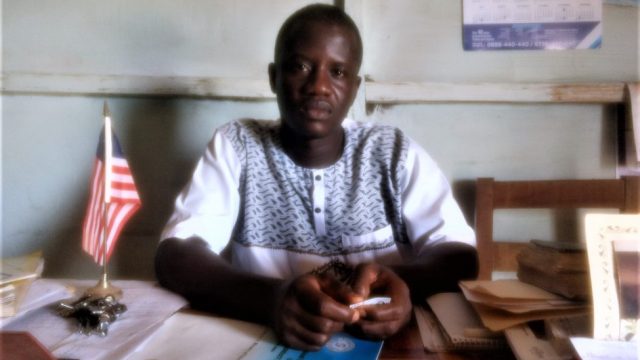
Jeffery M. Voyee, the administrative assistant to the district education officer. Photo: Jefferson Krua
The classroom is expected to hold lab equipment for the various sciences including biology, chemistry, and physics. Voyee said when finished, the lab will be used on a rotational basis, with various days being assigned to the various high schools.
He added that the procurement of lab equipment is expected to begin in October, after registration has ended. It is unclear whether the joint lab will have a significant impact on students’ performance this year. Earning a passing mark requires passing multiple subjects, including Mathematics and English.
The past academic year was the first time all Liberian 12th graders were required to take the WASSCE. The government had earlier announced that the test would be a requirement for students to graduate from high school. However, after 65 percent of students failed, the Ministry of Education rescinded its earlier decision, allowing schools to decide whether students could graduate. For the 2018-2019 academic year, students will be required to pass the exam. Beginning in the 2020-2021 academic year, the ministry has said any students failing the WASSCE will have to repeat the 12th grade, instead of retaking the test.
The other four West African English-speaking countries require their graduating seniors to pass WASSCE. Liberia has long delayed its participation due to the civil war. In 2013, some Liberian schools began taking the exams on a pilot basis. The test is expected to be used as a prerequisite for entering colleges across the region, obtaining certain jobs, and receiving U.S. visas.
Featured photo by Dave Schumaker
